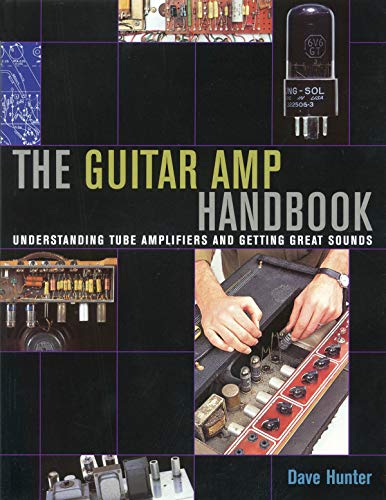fucanay
Well-known member
[quote author="jdbakker"][quote author="khstudio"]Good idea but your NEVER going to fit 12 Lorlins acrossed the front... what else is there that's cost effective?[/quote]
Has anyone ever used the Grayhill 56-series (or other half-inch rotaries) ? It would appear that Purple Audio use 'em, so they might not be total crap. Digi-Key stock 'em (GH5601-ND). At US$10.61@1 / $8.48@25 they're not as cheap as the Lorlins, but not quites as expensive as the Elmas.
JDB.
[the ITT/Cannon half-inch switch (Digi CKN6049-ND) is somewhat cheaper][/quote]
I just upgraded my green pres to use the grayhills, but I'm having a hard time finding decent knobs for the 1/8 inch D shafts. They are really small and kind of a pain to solder the resistors to, but not impossible. I wouldn't want to have to pay $120 for switches on this though.
Matt
Has anyone ever used the Grayhill 56-series (or other half-inch rotaries) ? It would appear that Purple Audio use 'em, so they might not be total crap. Digi-Key stock 'em (GH5601-ND). At US$10.61@1 / $8.48@25 they're not as cheap as the Lorlins, but not quites as expensive as the Elmas.
JDB.
[the ITT/Cannon half-inch switch (Digi CKN6049-ND) is somewhat cheaper][/quote]
I just upgraded my green pres to use the grayhills, but I'm having a hard time finding decent knobs for the 1/8 inch D shafts. They are really small and kind of a pain to solder the resistors to, but not impossible. I wouldn't want to have to pay $120 for switches on this though.
Matt


























![Soldering Iron Kit, 120W LED Digital Advanced Solder Iron Soldering Gun kit, 110V Welding Tools, Smart Temperature Control [356℉-932℉], Extra 5pcs Tips, Auto Sleep, Temp Calibration, Orange](https://m.media-amazon.com/images/I/51sFKu9SdeL._SL500_.jpg)






